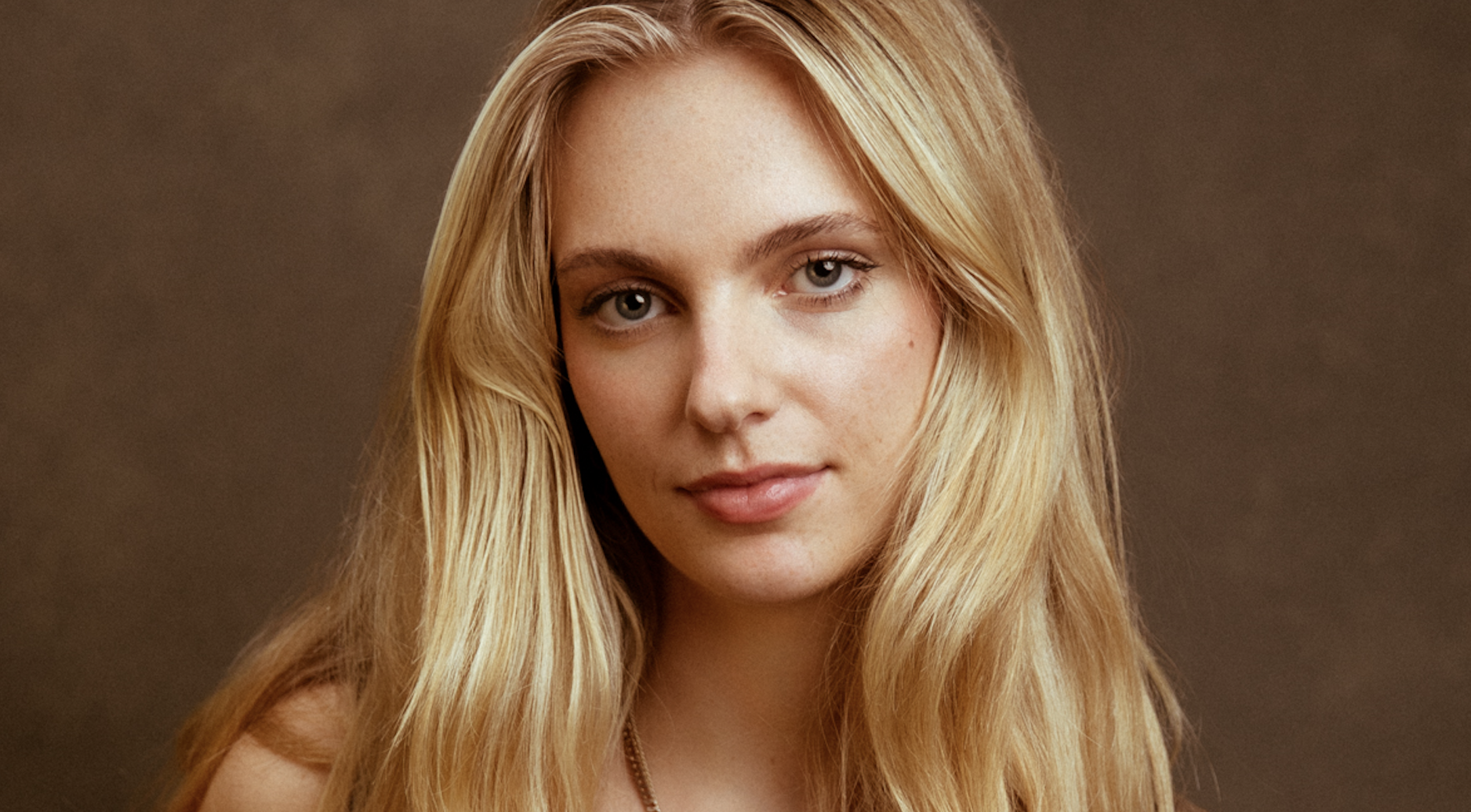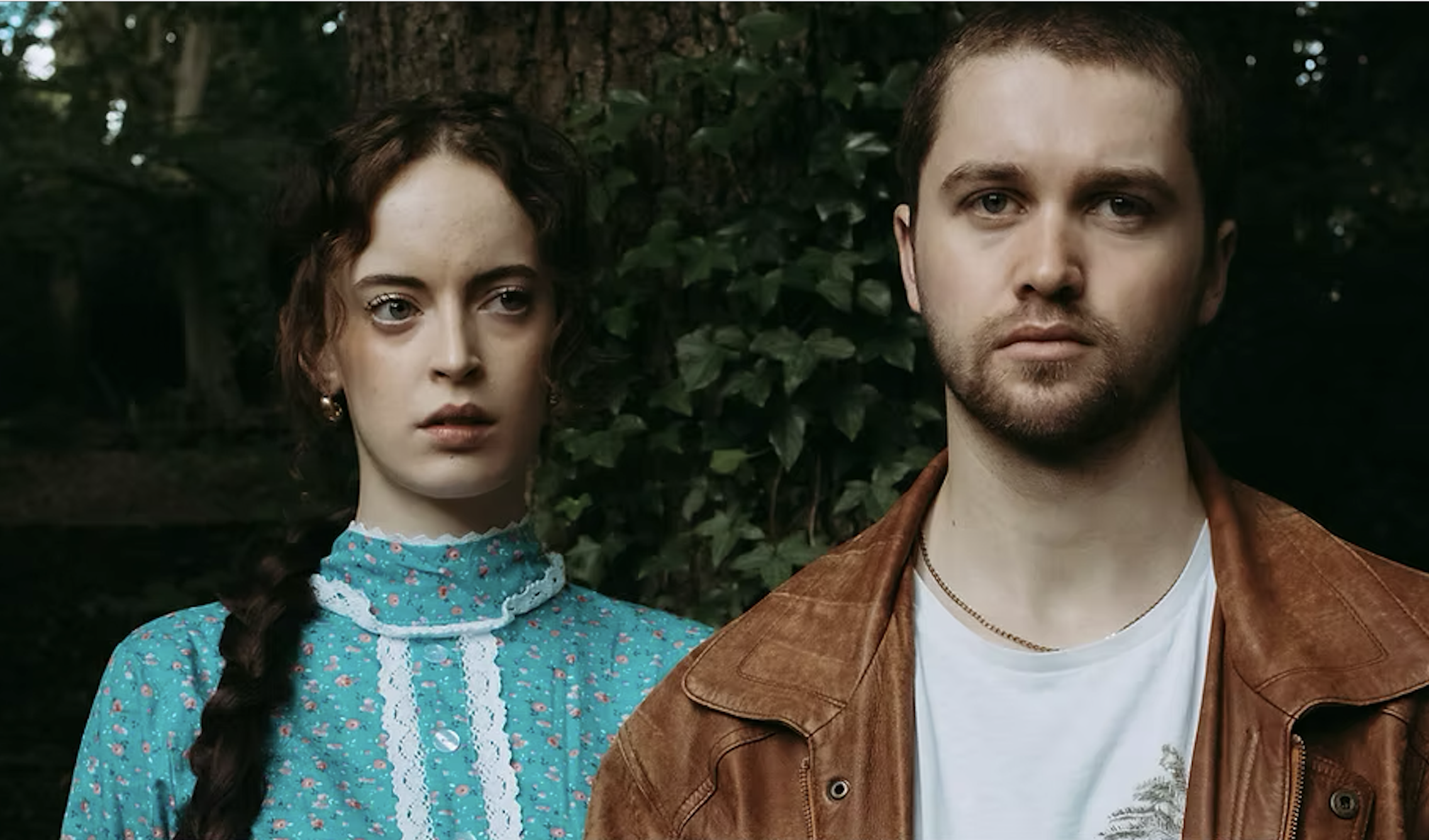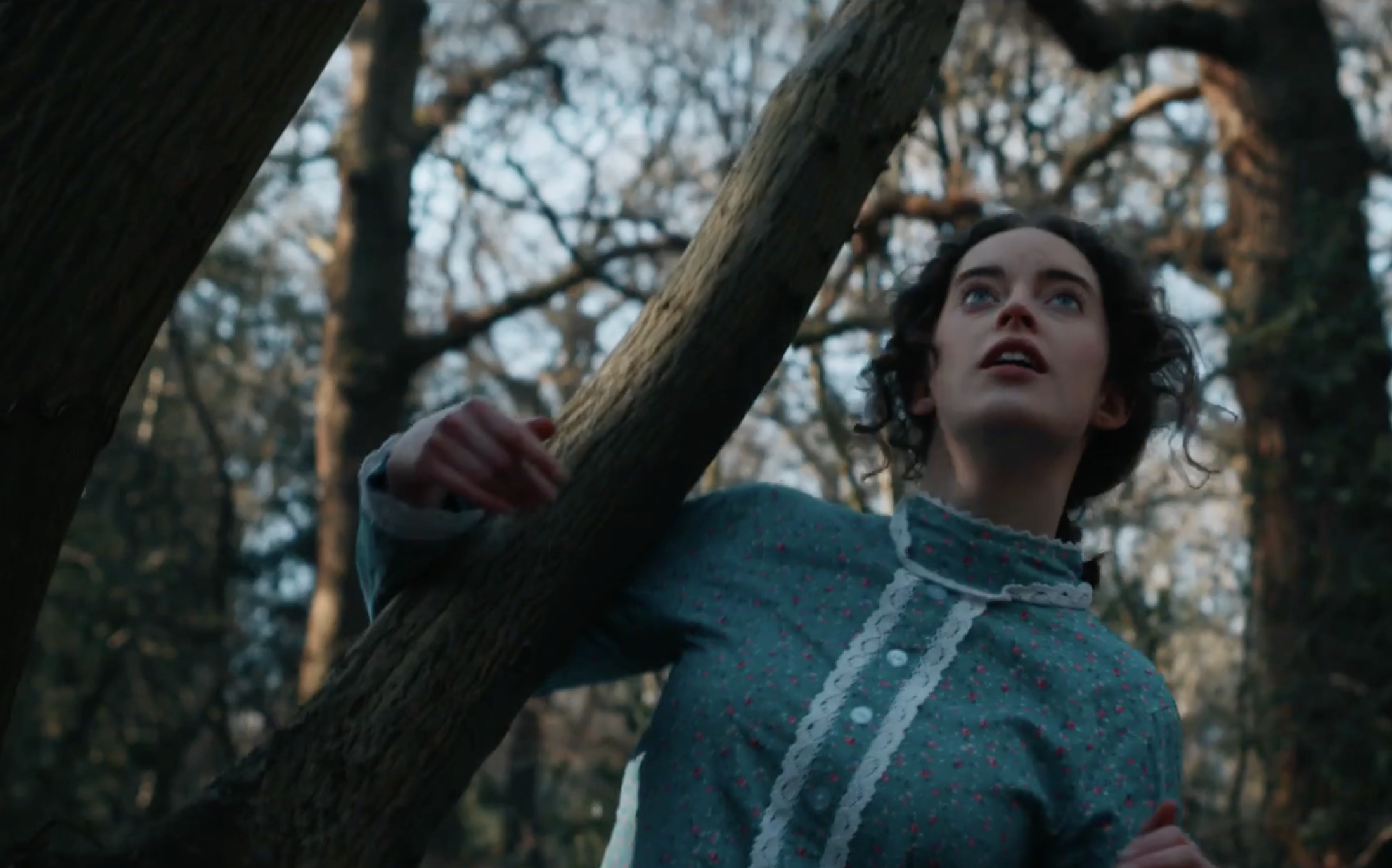Interview with Eva Hudson of 855-FOR-TRUTH
In playwright Eva Hudson's new play 855-FOR-TRUTH she dives into the clash of faith science, and survival. Performing at The Hope Theatre this February, Culture Calling wanted to know more...

Hi Eva, can you share how you came to become a writer? Was it always your path?
I started writing really young, and feel lucky so far that I have been able to make it my path. I wrote my first play (it was only 35 minutes or so) when I was eleven, and was lucky that it was staged for a couple of nights at The Ustinov in Bath. I grew up wanting to be an actor: I was in probably upwards of fifteen plays in my teenage years, but found the parts quite lacking for young women.
I had huge feelings, huge opinions, and loads to say, but not much space, as a teenage girl, to be able to say it. I didn’t like many of the parts I would read for teenage girls, I found them to be unexciting and didn’t allow much room for the clarity of thought and opinion you almost possess more as a teenager, so decided I would write my own monologues to perform.
I acted, directed and wrote throughout university (UCL), but soon realised that world-building and dialogue were the things that felt the most electrifying to me. I wrote my first proper, three-act full-length play at 18 during lockdown, and fell completely in love with it in a way I hadn’t fully committed to before.

What inspired you to write 855-FOR-TRUTH, and how did you develop its central theme of shared humanity?
I was travelling in the US on a bus journey that could be a play in and of itself: there were physical fights in the rows in front of me, a driver who hadn’t taken a break in 17 hours and a lady next to me who was obsessively trying to read my palm despite me being very British and politely asking her not to. I saw a huge billboard on the side of the road that read ‘LUST IS A SIN. BURN IN HELL OR CALL 855-FOR-TRUTH’. Weirder things had happened on that bus journey alone, and I was bored, so I called the number. I was connected to a Mennonite preacher who urged me to join his ‘community’ before the world ended (in a matter of days) or I’d burn in hell, the sinner I was. He told me the world would end in a huge ball of fire.
When I got home, I read an article in the Guardian about climate change that painted a similar portrait. I became interested in how science and religion are – whichever you personally think the more valid - in many ways just forms of storytelling; connecting dots and telling people what they mean. I was inspired by the young climate activists we see on the news who are doing so much, and feel so passionately…
I’m always frustrated that no one listens to my generation much, or takes us seriously. The play is about what we have in common as people – fears, hopes, love, dreams, and ugliness too – and how that commonality has to be the thing that carries us through. In listening to each other’s stories we can find much of the answer.
How did you approach creating the characters of Meredith and Isaac?
For me, the character is the first thing that comes. I sometimes feel, as pretentious as this may sound, that they sort of begin to write themselves, and their voices take shape on the page and through allowing a free, associative writing process, they tell me who they are.
That said, Molly Hanly, who plays Meredith, read the first ten pages as soon as I had written them whilst we were at drama school, and from then on, Meredith was in many ways shaped by her. She has shaped the lightness and deer-like, but playful physicality of the character- this informed how she shifted as I went through drafts.
David Lane at Bristol Old Vic Theatre School was an excellent dramaturg who helped me find the heart of why Isaac is the way he is: he’s sort of always been a bit of a well-intended, avoidant mess who wants to get things right: a big heart, but runs away and gets things wrong. I hadn’t quite found why until I worked closely with David to find him.

Can you share insights into your collaboration with director Lydia McKinley?
Lydia and I met whilst both doing our MAs at Bristol Old Vic: she studied directing and I studied writing. We were paired up for a project in the first term and that was it: she was my director. She understands the play so deeply and cares so much about developing new work. We’re building a community of new talent at Gentlewomen Production House who are collaborating, nourishing and developing each other.
I recently wrote and directed my first short film with the company, I Knew Her Before She Was A Virgin, which looks at endometriosis, and how young women just aren’t listened to. We’re interested in work which challenges the status quo in a way that is never overly flattening or didactic; in work which places young women or other marginalised voices at the centre and really lets them speak, express, and feel. I’m really excited by the people we are meeting through the company and for our future films, scratch nights and productions.
What is interesting you in the UK culture scene right now? What’s caught your attention?
I am inspired by the vulnerability of many young women singer-songwriters and how they’re able to just put their heart on a plate and present it to audiences over again each night. People like Lola Young and Rachel Chinouriri whose music is so truthful. With my own writing, I get to hide behind actors and characters and multiple voices, but that spirit of truth and vulnerability inspires me to write from a more honest and gutsy place.
Learn more about Eva here.
Book tickets to 855-FOR-TRUTH here.